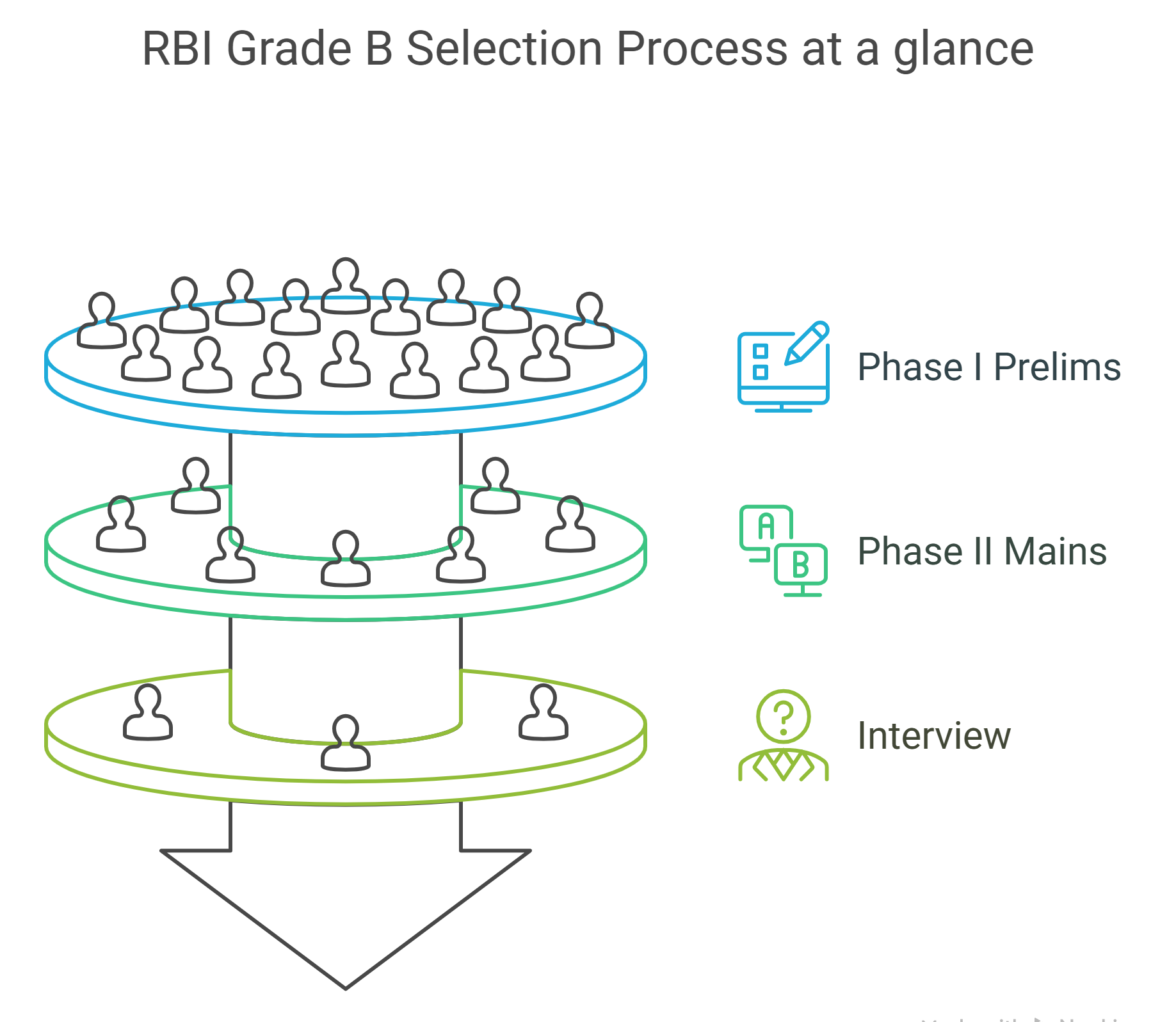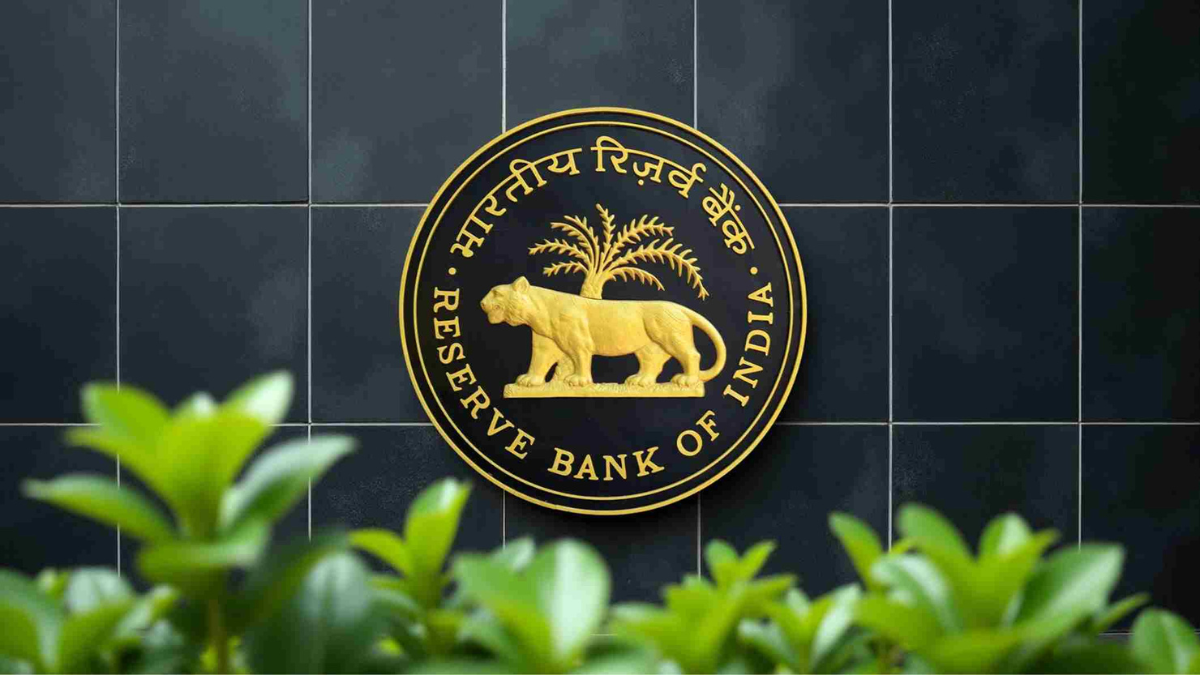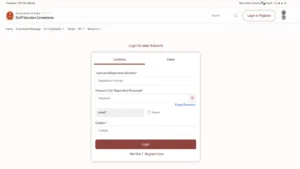The RBI Grade B exam is one of the most competitive and prestigious examinations in the banking sector. The selection process is based on a three-staged approach, comprising Prelims (Phase 1), Mains (Phase 2), and an Interview round. RBI Grade B Preparation Tips 2026 helps to prepare a well-structured strategy to successfully crack the RBI Grade B Exam 2026. In this article, we will provide a detailed preparation strategy, including the RBI Grade B syllabus and exam pattern insights, phase-wise strategy, preparation tips, common mistakes to avoid, and more.
RBI Grade B Preparation Tips 2026
Cracking RBI Grade B 2026 isn’t about studying everything; it’s about studying what matters, with focus and consistency. Stay disciplined, follow your plan, and don’t underestimate the power of regular practice and smart revision. So, having a proper preparation strategy is a must. Check the highlights of the RBI Grade B officer exam below:
| Particulars | Details |
|---|---|
| Organisation | Reserve Bank of India (RBI) |
| Exam Name | RBI Grade B |
| Posts | Grade B (General/DEPR/DSIM) Officers |
| RBI Grade B Vacancy 2026 | TBA |
| Category | Govt Jobs |
| Recruitment Basis | Direct Recruitment |
| Mode of Application | Online |
| Selection Process | Phase I, Phase II & Interview |
| RBI Grade B Salary | Rs. 1,50,374 (Gross Salary) |
| Job Location | Across India |
| Official Website | www.rbi.org.in |
Understanding the RBI Grade B Exam
Before you dive into preparation, it’s important to understand the structure of the exam. RBI Grade B is conducted in three stages:
- Phase 1 (Prelims): Objective test
- Phase 2 (Mains): Objective + Descriptive papers
- Interview: Final stage based on Phase 2 performance
Each stage demands a different skillset and level of understanding — and the way you approach them can determine your overall success.

Phase 1: Prelims Exam Pattern
The Phase 1 exam is a 200-mark objective test covering General Awareness, English, Quantitative Aptitude, and Reasoning. You’ll get 2 hours in total, so speed and accuracy play a major role here.
| Sections | No. of Questions | Maximum Marks | Time Allotted |
|---|---|---|---|
| General Awareness | 80 | 80 | A total time of 2 hours is allotted |
| Quantitative Aptitude | 30 | 30 | |
| English Language | 30 | 30 | |
| Reasoning | 60 | 60 | |
| Total | 200 | 200 | 120 minutes |
Phase 2: Mains Exam Pattern
The Phase 2 exam is more conceptual and analytical. It checks your understanding of economics, finance and your ability to express ideas clearly through descriptive writing. There are a total 3 papers such as:
- Paper I: Economics & Social Issues (mix of objective and descriptive)
- Paper II: English Writing Skills (descriptive)
- Paper III: Finance & Management (mix of objective and descriptive)
| S No | Sections / Subjects | Paper Type | Maximum Marks | Duration (minutes) |
| 1. | Paper I: Economics and Social Issues | 50% Objective Type, | 50 | 30 minutes |
| 50% Descriptive (to be typed with the help of the keyboard) | 50 | 90 minutes | ||
| Total | 100 | 120 minutes | ||
| 2. | Paper II: English (Writing Skills) | Descriptive (3 questions) | 100 | 90 minutes |
| 3. | Paper III: Finance and Management | 50% Objective Type | 50 | 30 minutes |
| 50% Descriptive | 50 | 90 minutes | ||
| Total | 100 | 120 minutes | ||
| Grand Total | 300 | |||
RBI Grade B 2026 Syllabus
The syllabus of RBI Grade B is vast but predictable; most questions revolve around fundamental topics that repeat every year. Your goal should be to master core concepts and then strengthen your revision with mock tests. In the table below, you can check Phase 1 exam topics:
| RBI Grade B Exam Syllabus | |||
| English | Quantitative Aptitude | Reasoning | General Awareness |
| Grammar | Mensuration | Puzzles | Banking & Financial Awareness |
| Vocabulary | Time and Work | Seating Arrangement | Monetary Policies |
| Error Spotting | Average, Ratio, Percentages | Directions and Distance | Economic Terms |
| Comprehension | Speed, Distance, and Time | Data Sufficiency | Current Affairs |
| Passage Making | Mixture and Allegations | Blood Relations | Financial & Economics News |
| Jumble Words | Permutation and Combination | Syllogism | Static GK |
| Fill in the Blanks | Data Interpretation | Coding-Decoding | Government Schemes, Agreements & Deals |
| Sentence Framing | Probability | Inequality | Banking terms, rates, processes |
Preparation Strategy for RBI Grade B 2026
Every aspirant’s journey is different, but success always follows structure and consistency. Let’s break your preparation into actionable parts:
1. RBI Grade B Preparation Tips 2026 for Phase 1
General Awareness:
This section can make or break your score. Focus on the last 4-6 months of current affairs, RBI circulars, and major financial schemes. Make weekly revision notes.
Quantitative Aptitude & Reasoning:
Solve past year papers to understand question trends. Focus on DI, profit-loss, puzzles, and seating arrangement, these topics carry weight. Don’t chase everything; master what matters.
English Language:
Read editorials daily and practice RCs, para jumbles, and error spotting. Learn from your mistakes — analysing mock errors improves faster than memorising grammar rules.
2. RBI Grade B Preparation Tips 2026 for Phase 2
Economics & Social Issues (ESI):
Read “Indian Economy” by Ramesh Singh or similar sources. Focus on growth, development, money & banking, and social sector schemes.
Finance & Management (FM):
Build conceptual clarity around financial systems, monetary policy, risk management, and leadership theories.
English Writing Skills:
Practice essay writing, precis, and comprehension. Learn to structure your ideas clearly and concisely.
3. Mock Tests: The Real Game-Changer
Mocks are your best teachers. They tell you exactly where you stand and what to fix.
- For Phase 1, take sectional tests weekly to improve speed and time management.
- For Phase 2, attempt full-length mocks and descriptive writing practice.
- Most importantly, analyse every mock test. Understand why you got certain questions wrong and how to avoid those mistakes next time.
4. Revision: The Secret to Retention
The biggest mistake aspirants make is studying continuously without revising.
Create a weekly revision schedule to revisit current affairs, ESI & FM notes, and vocabulary.
Even 30 minutes of revision daily keeps topics fresh and prevents burnout during the final weeks.
RBI Grade B Preparation Tips for Working Professionals
Balancing a full-time job with RBI Grade B preparation can be tough, but not impossible. Here’s how you can do it effectively:
- Study 2-3 hours on weekdays and 6-7 hours on weekends.
- Follow a weekly subject rotation, e.g., Mon–Tue (Quant), Wed (GA), Thu (Reasoning), Fri (English).
- Use your commute or breaks for current affairs revision via mobile apps.
- Take one mock test every Sunday and analyse it completely.
Number of Attempts for RBI Grade B
One of the most common questions that comes up during preparation is: “How many attempts do I have?”
And honestly, it’s not just about the number of attempts allowed by RBI; it’s about how you make each attempt count.
As per RBI guidelines, the number of attempts for the RBI Grade B (General) post is limited, depending on the candidate’s category:
| Category | Number of Attempts |
|---|---|
| General / UR | 6 |
| OBC | 9 |
| SC / ST / PwBD | No restriction (till age limit) |
But here’s the truth: you don’t need all six.
You just need one good attempt with the right strategy, mindset, and consistency.
Even if you don’t clear in your first go, every mock test, every chapter revision, and every analysis you do is pushing you closer to that one successful attempt.
Your goal should be to make every attempt better than the last one, smarter, more disciplined, and more refined.
So, instead of worrying about how many attempts are left, focus on making this one your best one.
Common Mistakes to Avoid During Preparation
Keep these important points in mind to avoid making common mistakes when preparing for RBI Grade B 2026:
- Ignoring descriptive practice: Writing is half the battle in Phase 2.
- Skipping current affairs: It carries the highest weight in Phase 1.
- Overdependence on too many sources: Stick to 1–2 reliable ones.
- Not analysing mocks: Without analysis, mocks lose their purpose.
- Last-minute cramming: Revision is a marathon, not a sprint.



 SSC MTS Admit Card 2026 OUT for Re-Exam,...
SSC MTS Admit Card 2026 OUT for Re-Exam,...
 JKSSB Wildlife Guard Admit Card 2026 Out...
JKSSB Wildlife Guard Admit Card 2026 Out...
 OICL AO Mains Result 2026, Check Direct ...
OICL AO Mains Result 2026, Check Direct ...


 Adda247 Job portal has complete information about all Sarkari Jobs and Naukri Alerts, its latest recruitment notifications, from all state and national level jobs and their updates.
Adda247 Job portal has complete information about all Sarkari Jobs and Naukri Alerts, its latest recruitment notifications, from all state and national level jobs and their updates.




